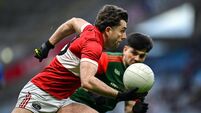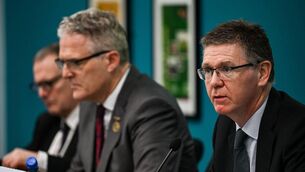Higher Education GAA to appoint body to examine eligibility issues
The GAA's Higher Education Council (Comhairle Ardoideachais) are continuing their battle with eligible issues that have dogged the sector in recent years.
News has come through that an independent committee will be established, within 10 days, to address concerns in this area.













